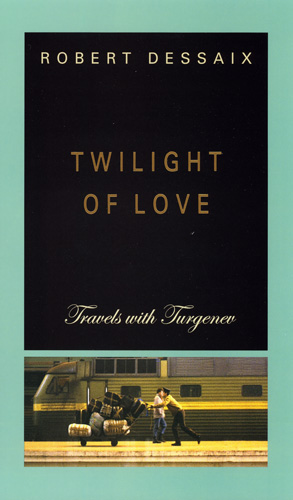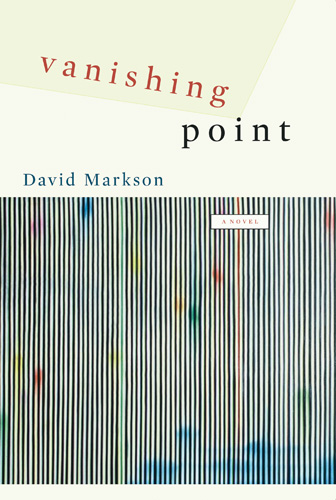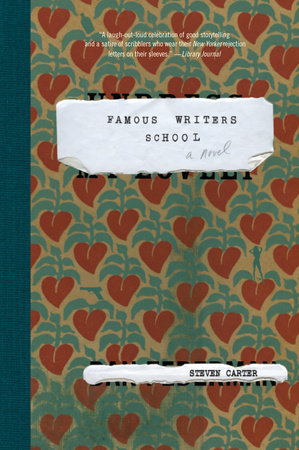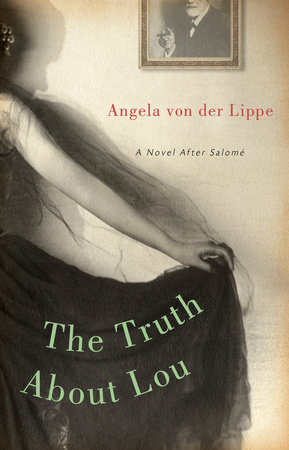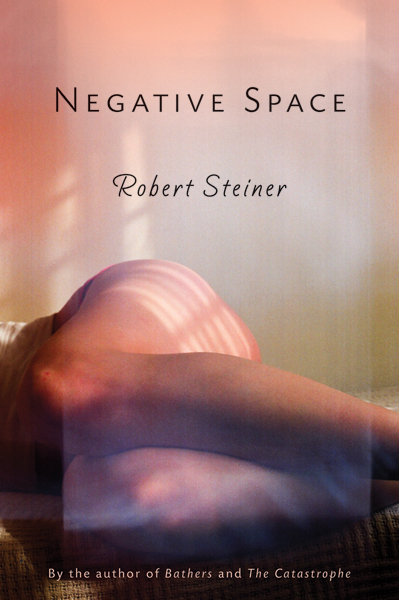
Negative Space
Robert Steiner
Book Description
While sitting on a French terrace overlooking a three–hundred–year–old olive grove at sunset, a man listens as his wife confesses her love for someone else. Preparing to leave after twenty years of marriage, she details her erotic and emotional life, a confession that leaves her husband spent but delirious with love for her. The imminent loss of the passion of his life leads him to experience the power of desire, grief, and flushed obsession—and thus begins this riveting monologue at the end of a marriage, one that is mesmerizing with anger and regret.
Entirely alive in these intense moments, the husband examines every experience, every feeling that floods his mind with grief and anticipation. And this need, this experience, becomes one of absolute truth, as the story itself becomes composed of complicating love and loss.
Negative Space joins Steiner’s earlier fictions—such as Bathers, Dread, and The Catastrophe—in evoking the dark texture and brilliant detail of erotic loss. The result is an exploration of heartbreak and sexual obsession the reader will not soon forget.
Praise For This Book
Praise for Negative Space"Through its articulate and painfully nuanced first–person narration, Steiner's examination of jealousy and betrayal at its simplest becomes something sublime." —Publishers Weekly, starred review









